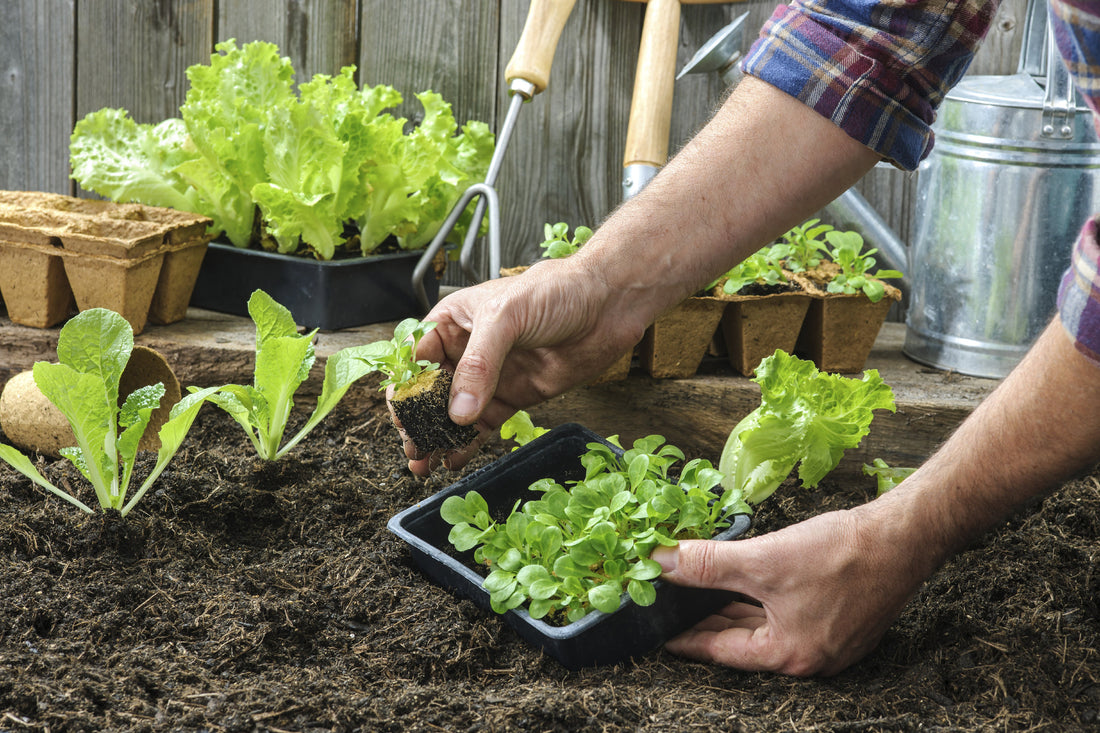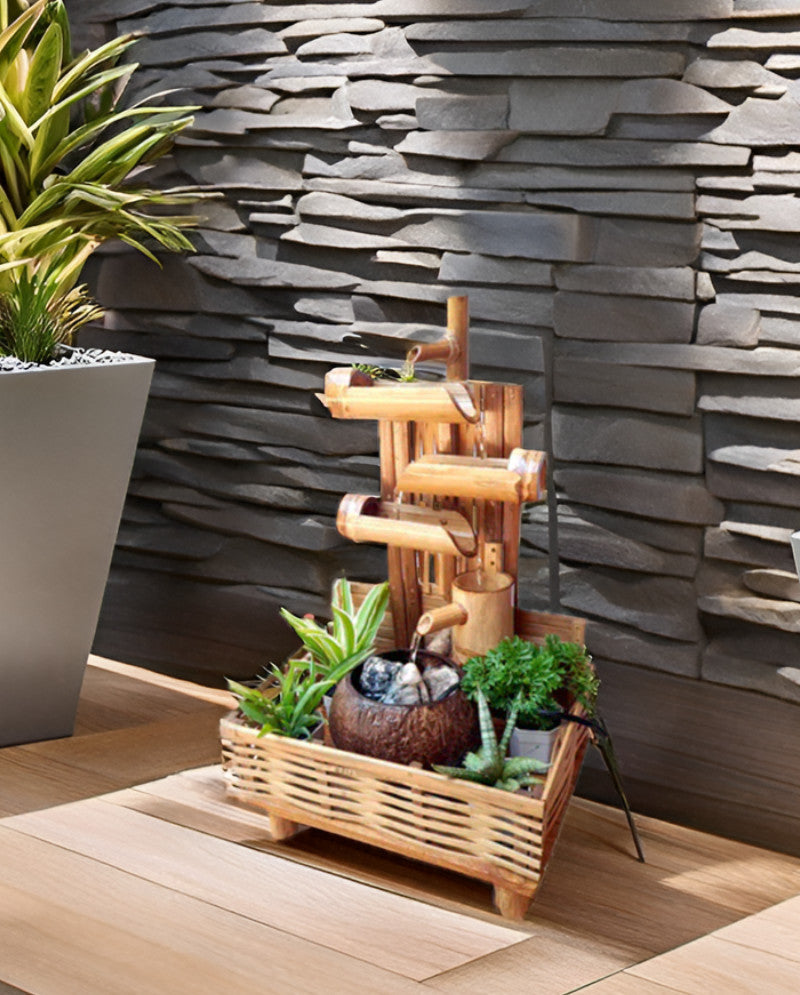
Winter Gardening in India: A Season of Growth and Joy
Winter is a time of calm, introspection, and of course, flourishing gardens. While many might think of winter as a dormant period for plants, Indian winters provide an ideal environment for growing a range of colorful flowers and nutritious vegetables. Whether you're a seasoned gardener or just starting out, the winter months offer a unique opportunity to bring vibrancy into your garden. Let’s dive into how you can make the most of winter gardening in India, from choosing the right plants to perfecting your gardening techniques.
Climate and Conditions of Indian Winters
India’s winter climate varies significantly from north to south, but overall, temperatures are cooler, with lower humidity and shorter days. In most regions, daytime temperatures can range between 10°C to 25°C. Nights, especially in northern areas, may bring frost or near-freezing temperatures, while southern and coastal regions remain relatively mild.
As a gardener, understanding your local microclimate is essential. The amount of sunlight your garden gets, potential frost risk, and average temperature should dictate your plant choices and maintenance practices. Winters generally mean lesser humidity, but the dew from cool nights can be beneficial, adding moisture that many plants need during this season.
Plant Selection for Indian Winters
Winter gardening in India provides a great variety of plants to choose from, including both vegetables and vibrant flowers that thrive in cooler weather. Here are some excellent choices:
Vegetables to Grow:
- Spinach (Palak): Spinach is incredibly easy to grow in Indian winters. Its tender leaves love the cooler temperatures and it’s ready for harvest in just a few weeks.

- Carrots (Gajar): Carrots grow exceptionally well in winter, with their roots developing more sweetness in the cold.

- Radishes (Mooli): Radishes are another excellent winter crop that matures quickly. The crunchy roots are great additions to salads and can be grown in almost any kind of soil.

- Peas (Matar): Peas flourish during winter and provide a sweet, tasty addition to many Indian dishes. The cooler climate is ideal for healthy pod formation.

Flowers to Plant:
- Petunias: These come in an array of bright colors and add cheer to any garden. They require good sunlight and grow well in cooler temperatures.

- Pansies: These cheerful flowers with "faces" are perfect for borders and pots. They handle the cold well and bloom continuously throughout winter.

- Calendula (Pot Marigold): Known for their bright yellow and orange flowers, calendulas are hardy and add a burst of color to winter gardens.

- Snapdragons (Antirrhinum): Snapdragons are beautiful winter bloomers that add height and texture to garden beds.

Gardening Techniques for Winter Success
To ensure your winter garden thrives, consider using some of these gardening techniques tailored for the Indian winter climate:
- Mulching: Applying mulch around your plants can help conserve soil moisture and regulate temperature. In colder regions, mulch can also protect roots from frost.

- Frost Protection: In northern India, where frost can be an issue, cover tender plants with a cloth or plastic sheet at night to shield them from cold snaps.

- Watering Guidelines: Winter watering needs differ from summer. Water your garden early in the morning so that any excess moisture can evaporate during the day. Overwatering can lead to root rot, especially during colder nights.

- Soil Preparation: Loose, well-draining soil is essential for winter plants. Before planting, ensure your soil is enriched with compost or organic manure to give plants the nutrients they need for healthy growth.

Pest and Disease Management
Pests might not be as prominent in winter as in summer, but certain insects and diseases still need attention:
- Aphids: These tiny pests can infest winter plants like peas and snapdragons. Spray with a mix of water and mild soap to keep them at bay.

- Powdery Mildew: This fungal disease thrives in cool, humid conditions. Avoid overhead watering and ensure adequate plant spacing for good air circulation.

- Snails and Slugs: These can be a nuisance, particularly in cooler, damp weather. Use crushed eggshells or copper strips around plants to deter them.

Winter gardening in India is an incredibly rewarding pursuit. The cool air, bright blooms, and fresh vegetables can provide a sense of peace and accomplishment. Whether you're cultivating a balcony garden in an urban setting or tending a larger patch in your backyard, the right combination of plants and techniques will lead to a beautiful and productive winter garden. Don’t let the chill hold you back—embrace the season, get your hands dirty, and watch your winter garden flourish.
Happy gardening!

